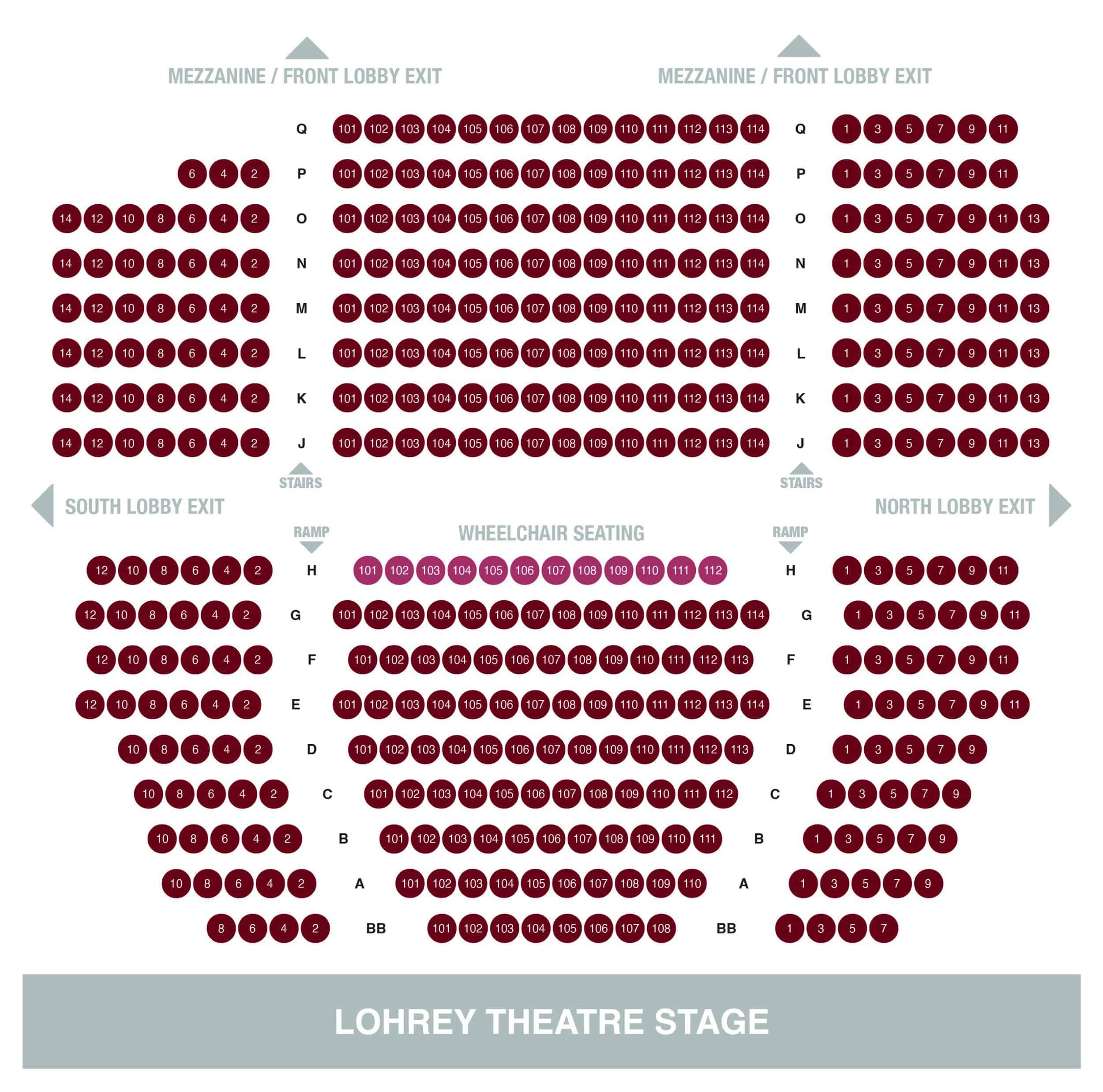Pipeline
By Dominique Morisseau
Moderated by Meghan Lewis
Dominique Morisseau’s hard-hitting drama, Pipeline takes a deep look into the American educational system for underprivileged students. Nya is an inner-city high school teacher whose son, Omari, is educated at a private boarding school. She is desperate to give him opportunities that her students will never see and she is determined to fight for his future. When he gets into an altercation with a teacher, Nya and Omari are forced to deal with the reality of the pitfalls of a divided education system, the social prophecy that surrounds them, Omari’s sense of righteous rage, and the uncomfortable tensions within their family dynamic. Nya wants to save her son, but first she must confront her own choices as a parent.
About the playwright
Dominique Morisseau
Dominique Morisseau writes plays that carry “pieces and shreds and glimpses of people who have raised [her], who she loves and cares for fiercely,” as her frequent collaborator, director Kamilah Forbes, explains. These pieces of real life, knit together with imagination and fierce love of these people–as well as a desire to carve a space for their stories on the American stage—have defined Morisseau’s writing thus far.
Morisseau grew up in the College Park neighborhood of Detroit, which she calls “a pretty affluent working-class community” where now she sees “houses boarded up.” The people, speech, rhythms, and stories she encountered there—and the turns those lives have taken—form the bedrock of her work. As a child and teenager, she acted in plays and musicals and danced with the Detroit City Dance Company. She studied acting at University of Michigan, Ann Arbor where she was inspired, or forced, to write her first play. She found that the theatre department “did not do a lot of nontraditional casting,” and as an African-American woman, she struggled to find roles. Inspired by poet/playwright Ntozake Shange, she decided to write her own play: The Blackness Blues—Time to Change the Tune (A Sister’s Story).
Morisseau’s dialogue is rich with explosive yet poetic dialects. TheatreMania describes the rhythmical voice of her characters in Skeleton Crew: “they sing with the vernacular of their community.” She has said that “Everyone needs to see themselves. We have to make space.” But for Morisseau, diverse representation extends beyond the number of people of color on stage to the way audience members of color are received at the theatre.
In a recent American Theatre article, Morisseau relates the condescension she has encountered with white patrons uncomfortable with the ways she engaged with a performance. As a writer who describes herself as “an artist whose work…welcome[s] call and response from the audience,” Morriseau seeks out a vibrant theatre culture, one with space for recognition and exchange. As she puts it, in her theatre “you are welcome to come as you are…hoot and holler or sit quietly in reverence. Worship and engage however you do.” Morisseau’s theatre experience is a deeply personal one–one that she believes everyone should have, be it in how they respond to the performance or how the stories and people are represented on stage. – Bio by Julia Maier at Studio Theatre
About the moderator
Meghan Lewis
Meghan has been a volunteer at Theatre Memphis since she acted in her first production in 2011. Since then, she has volunteered, directed, and has served as a Board Member since 2016. She genuinely loves Theatre Memphis and can’t wait to welcome others into this talented, kind, dedicated, and fun theatre family.
Meeting Dates & Times
Registration
Location: Theatre Memphis
Date: February 22, 2026
Time: 6:00 – 9:00pm
All Read to Relate Meetings are free to attend.
Reading the scripts before the event is encouraged but not required. Scripts are available for check-out through the box office with a $10 cash deposit that will be returned to you at the end of your rental.
If transportation to Theatre Memphis or the deposit is a hardship for you please note that in the registration form and we will be in touch about accommodations.
Light snacks are provided. Please register below to let us know you are coming!
